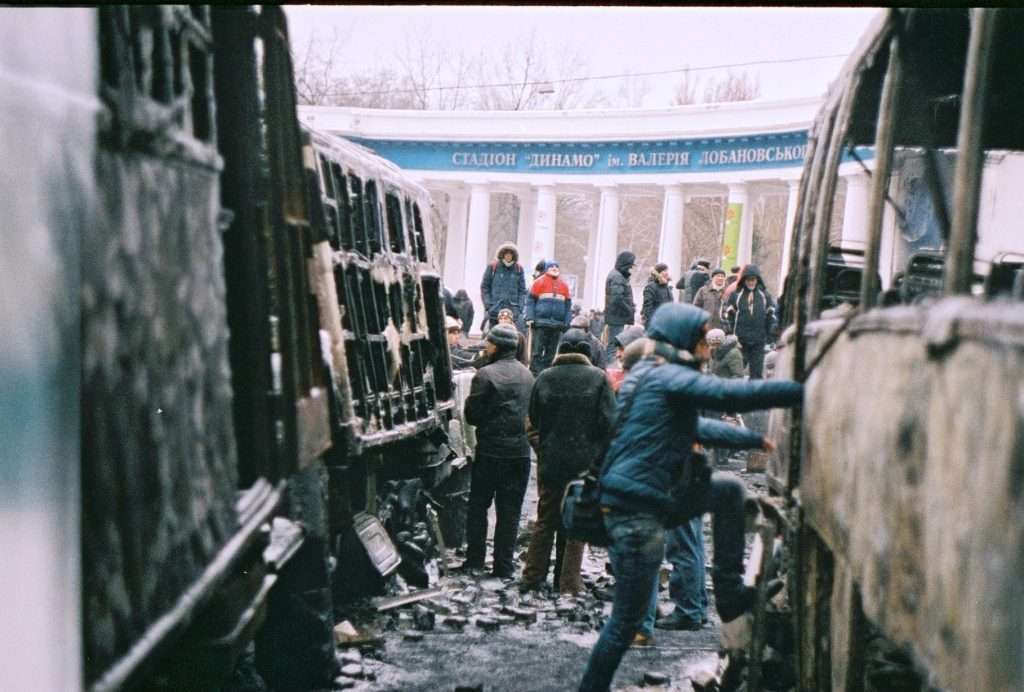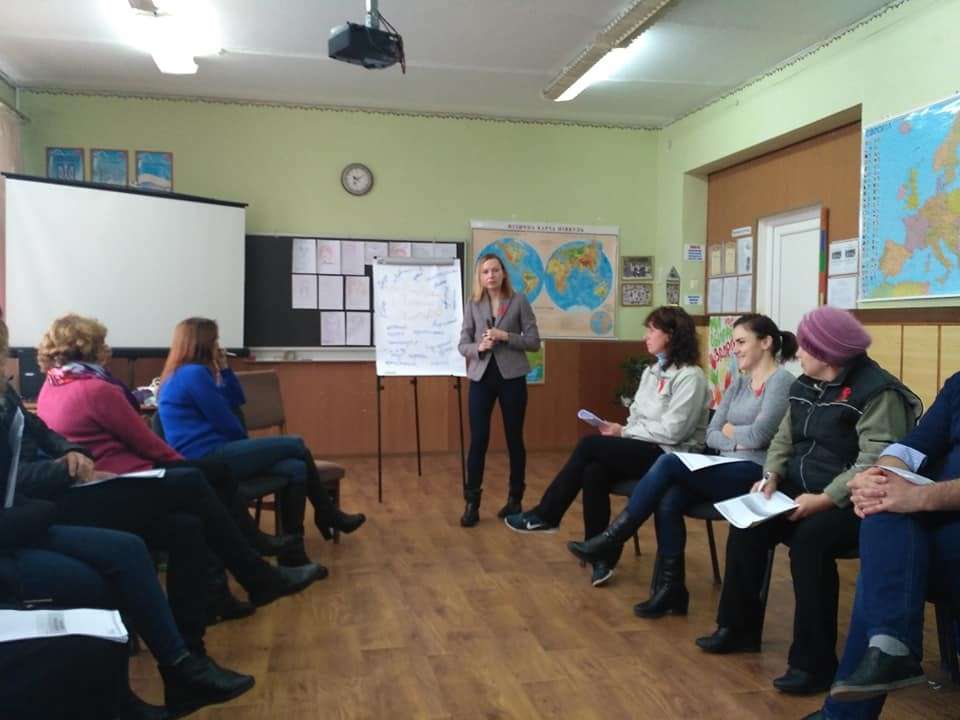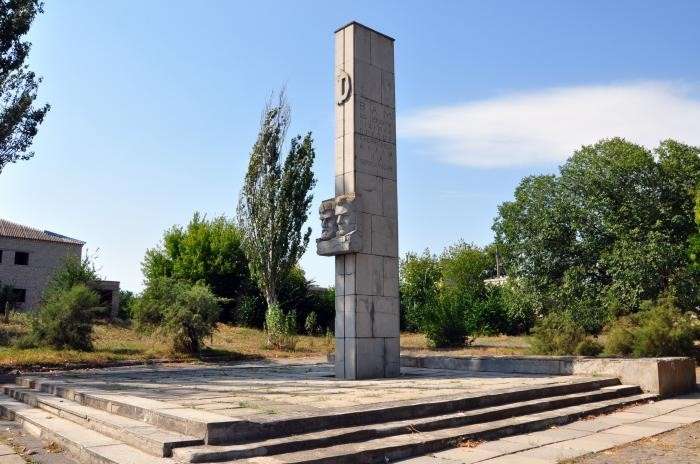PCi has worked in Ukraine since 2015, first supporting Ukrainian civil society organisations faced with a number of challenges after the Russian Federation annexed Crimea and supported military action in the east of the country. More recently, PCi has been working with civil society organisations faced with a new range of challenges stemming from Russia’s full-scale invasion of Ukraine.
PCi has worked alongside civil society organisations on a number of peace initiatives in Ukraine. For example, PCi has helped build networks among mediators and dialogue facilitators so they could work strategically on underlying drivers of conflict. We have supported civil society representatives with training in conflict analysis and conflict management skills and have worked with communities to strengthen their resilience to conflict. PCi has convened international expertise form other conflict contexts to work with Ukrainian institutions, political representatives, and civil society organisations. We have also worked with international humanitarian and development actors to introduce conflict sensitivity into their approaches to supporting Ukraine.
Context overview
Ukraine had largely avoided the political and military conflict experienced by other countries of the former Soviet Union, until a determined move closer to the European Union brought on a series of interventions from the Russian Federation in 2013 and 2014. These resulted in the Ukrainian peninsula of Crimea being annexed by Russia and parts of the eastern regions of Luhansk and Donetsk declaring themselves separate, independent territories. These territories shared a militarised front line with the rest of Ukraine, but one across which contact, and even trade, could nevertheless continue.
Between 2014 and 2022 peacebuilders worked to support processes that aimed to rebuild relations among Ukrainians who had different views about the direction of the country and with different experiences, and therefore grievances, from the upheaval that took place in 2013 and 2014. In addition, peacebuilders looked to make a contribution to the culture of governance that would guide and support the reforms Ukraine was looking to take forward. Peacebuilders also worked with conflict-affected communities to apply restorative and conflict-management techniques to situations that might increase social cohesion or enable integration.
On 22 February 2022, the Russian Federation launched a full-scale invasion of Ukraine which has so far resulted in humanitarian and ecological catastrophe, mass displacement, and wholesale destruction of entire settlements, as well as formal annexation of more of Ukraine’s territories. In the new context peacebuilders have continued to see how their skillsets might be applied to strengthen community resilience and cohesion, addressing immediate problems – such as accommodation and integration of those affected by war – but with a firm eye on the contribution that can be made to the future, especially in terms of building a culture and processes of inclusion that can support recovery.



